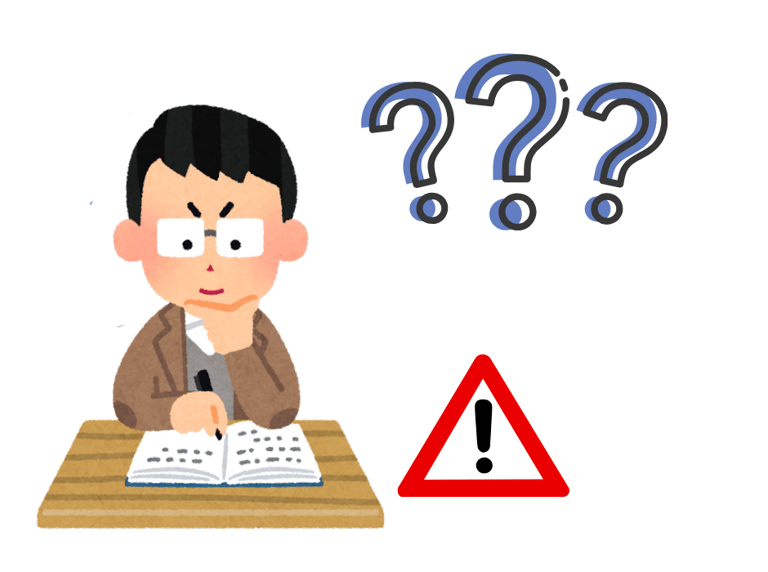Top 5 academic writing challenges to watch out for in 2025
Academic writing can be a daunting task, even for experienced scholars. Whether you're drafting a thesis, journal manuscript or research proposal, understanding the common academic writing challenges is crucial to maintain the quality and credibility of your work. In this guide, we outline the most significant pitfalls to watch out for in 2025 and provide practical tips to help you overcome them.
Marvin De los Santos
5/1/20252 min read
Are you struggling to write your academic papers like theses, journal manuscripts, and research proposals? Know that you're not alone. We break down below the common pitfalls of academic writing and provide you with tips on how to overcome them.


1. Over-reliance on AI-generated content
Today, the integration of AI tools in academic writing (e.g., chatGPT) offers efficiency but also poses risks. While these tools can assist in drafting and editing, over-reliance may lead to generic content that lacks critical analysis. Moreover, institutions are increasingly scrutinizing AI-generated work for originality and depth.
Tip: Use AI tools as aids, not replacements. Ensure that your work reflects personal insight and critical thinking.
2. Neglecting ethical standards
With the ease of accessing information, the temptation to overlook proper citation or to engage in plagiarism remains a significant concern. Maintaining ethical standards is paramount to preserve the credibility of academic work.
Tip: Familiarize yourself with citation guidelines and utilize plagiarism detection tools to ensure originality.
3. Inadequate peer review and feedback
Skipping the peer review process can result in overlooked errors and weakened arguments. Constructive feedback is essential for refining ideas and enhancing the overall quality of writing.
Tip: Engage with peers or mentors for reviews. Constructive criticism can provide new perspectives and improve your work.
4. Superficial research approaches
Relying solely on easily accessible sources can lead to shallow analyses. Comprehensive research requires delving into diverse and credible sources to build robust arguments.
Tip: Utilize academic databases and libraries to access a wide range of scholarly materials.
5. Poor time management
Procrastination often leads to rushed writing, compromising the depth and quality of academic work. Effective time management is crucial to allow for thorough research, drafting, and revision.
Tip: Develop a writing schedule with set milestones to manage your workload efficiently.
Addressing these challenges with Plethoryt
With the right support and resources, there’s hope for overcoming these challenges.
Plethoryt offers comprehensive academic services to help you learn smarter. Our mentorship program connects learners with experienced mentors who provide personalized guidance and critical feedback, addressing issues related to inadequate peer review. Our technical writing services ensure that manuscripts maintain high ethical standards, while our research development package supports in-depth analysis and thorough data mining. Additionally, content humanization service facilitates the responsible use of AI in writing, emphasizing critical thinking and originality. By choosing Plethoryt, learners gain access to professional support and resources to enhance their academic work.
Subscribe to our newsletter
Enjoy exclusive special deals available only to our subscribers.